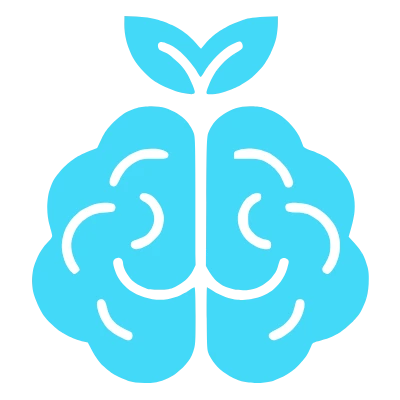Reading is a very healthy pleasure that provides cognitive, physical and emotional benefits. For this reason, older people should read to keep their brains active, their senses awake, and their social skills in top shape.
Aware of the benefits of reading for older people, NAMI residences organize reading workshops as a leisure activity, but also with therapeutic objectives.
These workshops are carried out in small groups of a maximum of 10 people. The residents or workshop coordinators read aloud and, at the end of reading the chapter, they comment and debate on it.
The latest to join this trend have been the elders of NAMI, which began developing a reading workshop in 2020. It arose from an innocent comment from a resident, but one that made a lot of sense: “I hope it made a lot of sense: “Let’s read something more cheerful,” he said in reference to reading the daily press, an activity they carry out to maintain orientation and connection with current events in the world. “The residents had been lamenting the bad news regarding the pandemic for some time and, a month later, we started the reading workshop,” recalls NAMI occupational therapist, Sara Domingo.
As a starting point, Sara Domingo highlights that reading increases knowledge and encourages imagination. “The narrative of the book allows us to evoke memories and bring personal confrontations to the present and, in this way, we can better manage and resolve conflicts,” he adds.
With the perspective that time gives, this occupational therapist values the organization of these workshops very positively: “Many lonely people, who start reading in their rooms, end up going to the workshop. It has helped them establish interpersonal ties with other residents, friendships that have led them to participate in other activities. Social inclusion is the biggest benefit we have seen.”
Reasons to read
Reading is an activity that promotes physical, cognitive and emotional well-being at all ages, including older people. Paying attention to a story entertains, but also contributes to improving our health. Some of the benefits of reading for older people, according to Sara Domingo, are the following:
Cognitive benefits of reading
- Improves and stimulates memory, which helps prevent cognitive decline and neurodegenerative diseases.
- Promotes neural connections.
- Stimulates concentration and active listening.
Social and emotional benefits of reading
- It promotes the social inclusion of older people in a work group. In this way, social ties are generated with other residents by adopting positions or ideas about a character or event that occurred in the plot of the book.
- Improves personal relationships and social skills, by learning roles and knowing the different personalities of fictional characters. “Reading shows the good and the bad of human beings. It teaches us to empathize with the character when they are happy or sad, we learn that what others do has an impact. Through this empathetic process, readers learn to socialize better,” Domingo emphasizes.
- Improves expression and communication skills.
- It helps combat loneliness, because the reading workshop takes place in a group and invites you to share ideas, sensations and experiences.
Physical benefits of reading
- Improves postural control, whether the resident reads standing for others, sitting at a table, or carrying the book.
- Works on motor skills at different levels: eye-manual, bimanual, gross and fine motor coordination, digital tweezers to turn the page, etc.
- Combat stress, anxiety and even depression. The stories we read help us better understand the world around us and better manage our emotions.
What books do older people like to read?
How are the books chosen? What topics engage residents the most? In this sense, the therapist explains that “they usually like the theme of their time, the historical-fictional genre, because they recognize real characters who interact with the protagonist throughout the plot and emblematic places.”
On the other hand, to ensure that older people actively participate in the workshop and get them hooked on reading, the font must be of an appropriate size and the font must be clear. “They are people who have age-related visual deficits and it is important to facilitate reading,” says Sara Domingo.
Although any time is good to spend some time reading, perhaps the afternoon is the best time. “From our experience, in many cases, a book helps you fall asleep. It is common for older people to suffer from insomnia or other sleep disorders, so we consider that holding the workshop in the afternoon is the best option,” concludes the therapist.
Intergenerational Reading Clubs
In addition to the usual workshops held in the residences, some NAMI centers have recently joined the Reading Clubs, an initiative organized by Atresmedia, in collaboration with Adopta un Abuelo and the NGO Grandes Amigos.
Older people participate, through online meetings, in the shared reading of the chosen book, of which each one will receive a copy. They will be organized in small groups to preserve preventive measures against COVID-19 and the reading will be coordinated and facilitated by an Atresmedia volunteer. “They are heterogeneous groups: men and women, with or without physical pathologies. There are no distinctions. The only important thing is their shared passion for reading,” explains the center’s occupational therapist, Sara Domingo.
The first book they begin to “devour” is The Time Between Seams, by María Dueñas, but the initiative will continue because there are many benefits.






